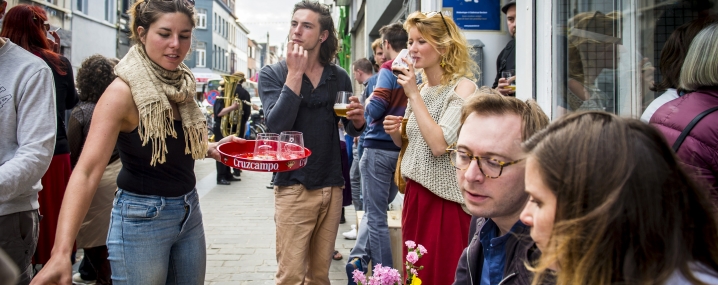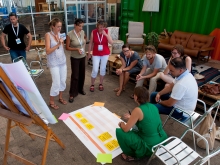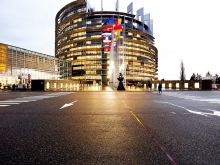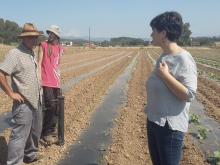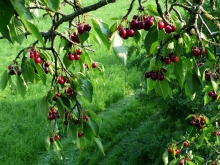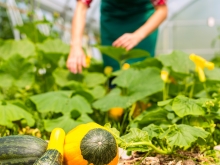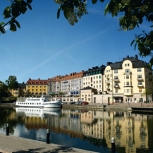
Södertälje
Södertälje is an industrial city with 91,000 inhabitants about 30km from the Swedish capital, Stockholm. It has been, and still is, the home of major industrial companies, such as Scania and AstraZeneca, who account for around one-third of the city’s jobs. The Volkswagen Group has its Swedish headquarters located here and Lantmännen Axa Foodservice AB is based in Järna just 10km. However, in recent years, more and more industrial jobs have been outsourced to other regions and countries—while the amount of small and medium-sized enterprises is increasing.
Södertälje is known for its generosity in receiving refugees from war zones, particularly Syria and Iraq. This has made it an international, multicultural city with a wide range of influences and traditions. About 39% of residents have foreign backgrounds, a proportion that is increasing by 1.5% per year. The largest group of immigrants is the Assyrians, who have five churches, two bishops, two soccer teams, many shops, an association and two television channels.
In terms of geography, Södertälje offers a fairly unique blend of rural and urban environments, situated near Stockholm with all the economic potential that comes with it. The city is situated on a bay of Lake Mälaren, which is connected with the Baltic Sea by the Södertälje Canal. The combination of an attractive city life and active agriculture and food production offers great possibilities for Södertälje, whose best-known son is world tennis great Björn Borg.
SOME RELATED NETWORKS
RegGov
AGRI-URBAN
Article
Transfer networks, an URBACT Learning Lab to build capacity and promote cohesion across Europe
Article
URBACT contributes to European Parliament reflections on urban affairs and the new Cohesion Policy
Article
Two cities united by a love of good food
Article
The growing role of food in fixing our cities
Article

